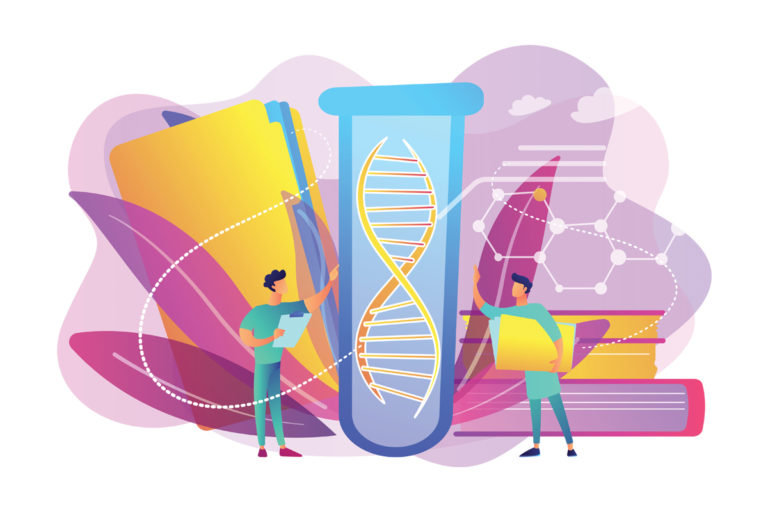What is PGD?
Thanks to ever advancing technological means, numerous genetic diseases can be diagnosed even before embryos are transferred to the womb. Preimplantation Genetic Diagnosis (PGD) is technique that allows genetic examination of embryos. For parents with a child who is at risk of a serious hereditary disease, diagnostic procedures are carried out on the embryo and thus, the process is ceased before the conception, if necessary.
How is PGD done?
Each embryo collected for the test is biopsied to collect a cell specimen after it is mature enough and next, the biopsy specimen is analyzed in laboratory. The procedure does not harm the embryo.
Result of the test is reported approximately 6 to 12 hours later. Embryos that are verified as healthy in the procedure are reported and transferred to the future mother.
This approach minimizes risk of a baby with a disease and moreover, it reduces the risk of deciding to stop the pregnancy for parents.
Who should have PGD Testing?
- Couples with genetic diseases that want to have a baby
- Couples with chromosome disorders and single-gene disorders like Familial Mediterranean Anemia, Sickle Cell Anemia, Cystic Fibrosis and SMA that can be diagnosed.
- Couples with obstetric history of a child with a genetic disease in previous pregnancies
- Repeated failures in in vitro fertilization
- Couples that have experienced recurrent miscarries
- Women aged above 35 who want to have a baby
- Men with severe infertility
PGD testing is recommended for those specified above.

